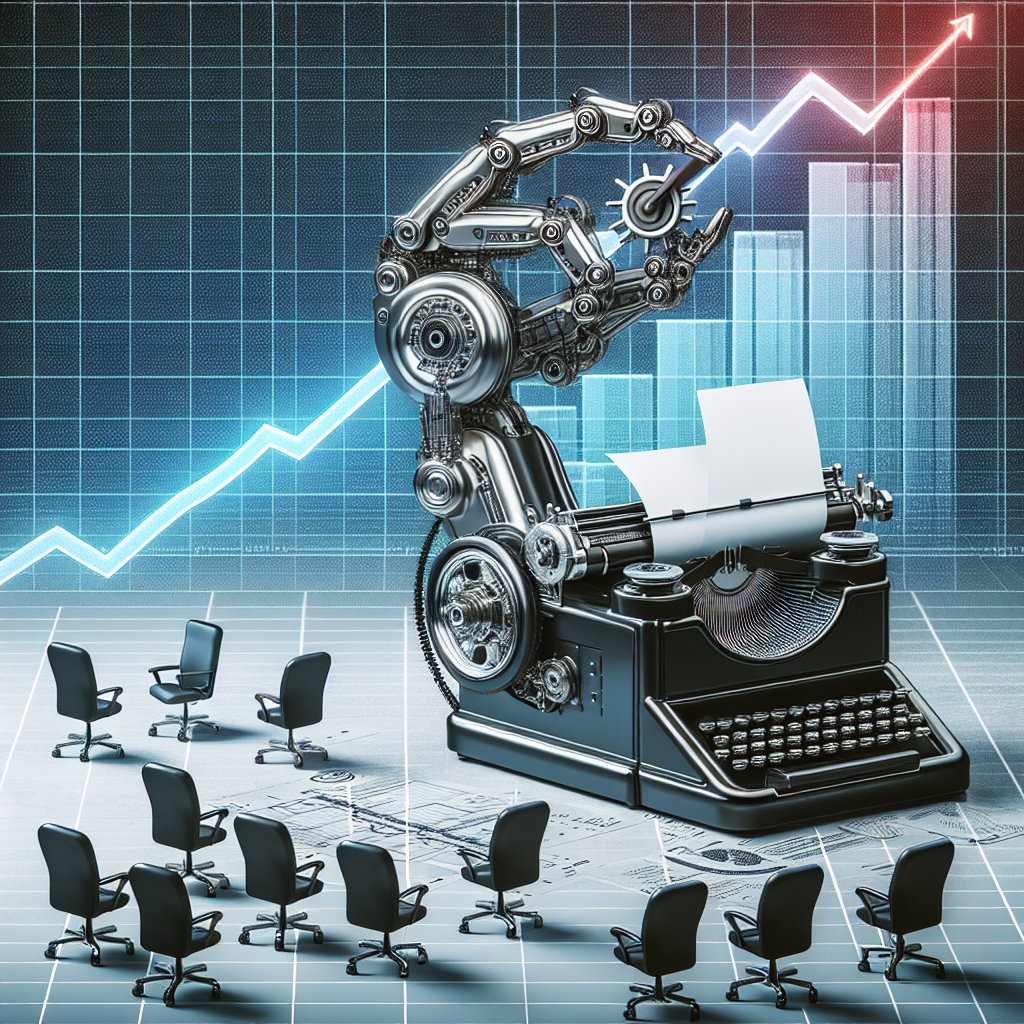Artificial General Intelligence (AGI) is a rapidly advancing field that is poised to revolutionize the way we work in the near future. With the rise of automation and machine learning technologies, the job market is undergoing significant changes as traditional roles are being replaced by AI-powered systems. In this article, we will explore the impact of AGI on the future of work and how it is reshaping the job market.
AGI, also known as strong AI, is the hypothetical intelligence of a machine that could successfully perform any intellectual task that a human can do. Unlike narrow AI, which is designed to perform specific tasks, AGI is capable of learning and adapting to new situations without human intervention. This level of intelligence has the potential to revolutionize industries across the board, from healthcare and finance to manufacturing and transportation.
One of the key ways in which AGI is impacting the job market is through automation. As machines become more intelligent and capable of performing tasks that were once the exclusive domain of humans, many jobs are at risk of being automated. According to a report by McKinsey, as many as 800 million jobs worldwide could be automated by 2030, with the most vulnerable sectors being transportation, manufacturing, and retail.
While automation has the potential to increase efficiency and productivity, it also raises concerns about job displacement and income inequality. As machines take over more tasks, many workers may find themselves out of a job or struggling to find employment in an increasingly competitive market. This has led to calls for policymakers to address the challenges posed by automation, such as retraining programs for displaced workers and implementing policies to ensure that the benefits of automation are shared more equitably.
Despite the potential challenges posed by AGI and automation, there are also opportunities for new types of jobs to emerge. As machines take over routine and repetitive tasks, humans will be able to focus on more creative and complex tasks that require emotional intelligence and critical thinking. This shift could lead to the creation of new roles in fields such as data science, cybersecurity, and AI ethics.
In addition to creating new job opportunities, AGI has the potential to improve the quality of work for existing roles. By automating repetitive tasks, workers can focus on higher-level tasks that provide more value to their organizations. This can lead to greater job satisfaction and opportunities for career advancement, as employees are able to develop new skills and take on more challenging responsibilities.
Despite the potential benefits of AGI, there are also concerns about the ethical and societal implications of this technology. Questions have been raised about the impact of automation on income inequality, the potential for bias in AI algorithms, and the risks of job displacement. As AGI continues to advance, it will be important for policymakers, businesses, and individuals to address these challenges and work together to ensure that the benefits of automation are shared equitably.
In conclusion, AGI has the potential to revolutionize the way we work in the future. As automation technologies continue to advance, the job market will undergo significant changes as traditional roles are automated and new opportunities emerge. While there are challenges and risks associated with AGI, there are also opportunities for innovation and growth. By working together to address the ethical and societal implications of this technology, we can ensure that the benefits of AGI are shared equitably and that the future of work is inclusive and sustainable.
FAQs:
Q: Will AGI replace all jobs in the future?
A: While AGI has the potential to automate many tasks currently performed by humans, it is unlikely to replace all jobs. Instead, AGI is more likely to augment existing roles and create new job opportunities in fields that require human creativity and critical thinking.
Q: What can individuals do to prepare for the future of work?
A: To prepare for the future of work, individuals can focus on developing skills that are less likely to be automated, such as emotional intelligence, creativity, and critical thinking. Lifelong learning and upskilling will also be important to stay competitive in a rapidly changing job market.
Q: How can policymakers address the challenges posed by automation?
A: Policymakers can address the challenges posed by automation by implementing policies that support retraining programs for displaced workers, promoting workforce development in emerging industries, and ensuring that the benefits of automation are shared equitably. Collaboration between government, businesses, and individuals will be key to navigating the transition to a more automated workforce.

